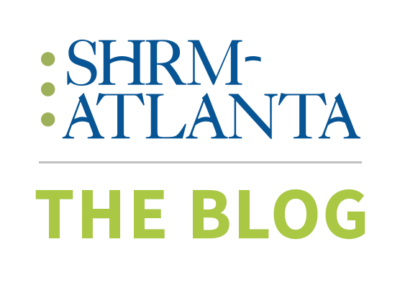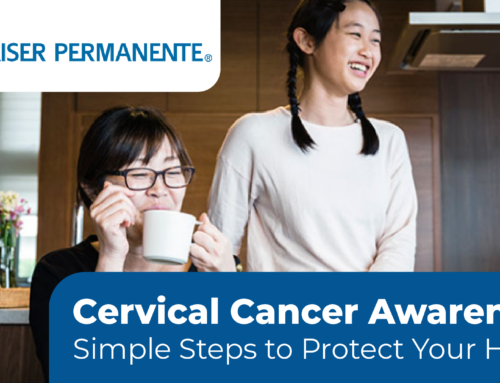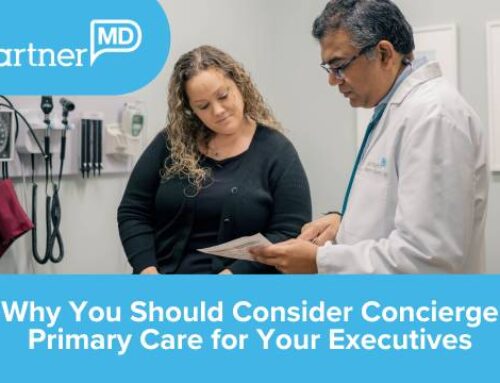Sponsored Article from Jeremy Duvall, Founder & CEO of 7Factor Software /
The present public health crisis has made infectious disease prevention measures a necessity for the continued operations of many organizations. Health screenings — whether at entry points or conducted remotely for distributed workforces — will not be part of every organization’s prevention plan, but they are a critical component for many.
In many cases, HR leaders will be charged with finding the best solution for their organization’s needs. If your organization does choose to conduct health screenings, it’s important to select a system that will support you in doing so effectively, efficiently, and securely.
What to Evaluate
When considering a health-screening solution, you should of course first verify that it has the right feature set for your use case. There are then four cornerstones to consider:
- Privacy and Compliance
- Data Security and Retention
- Analytics and Intelligence
- Ease of Use and Efficiency
Below, I’ll cover each of these in greater depth.
Cornerstone #1: Privacy and Compliance
Health screenings inherently place your organization in the position of collecting legally protected health information (PHI) from the people you screen. Beyond the requirements of law, health screenings and other measures risk provoking suspicion and mistrust among those screened. Only vigorous and transparent protection of personal privacy can quiet those concerns.
HIPAA and PHI
Much of HIPAA only applies to a short list of “covered entities” identified in the law. However, even businesses not directly involved in healthcare have some indirect obligations under HIPAA. Consult with your legal department or firm to determine your organization’s legal responsibilities under HIPAA.
Ask This Question
How does this solution ensure compliance with HIPAA in the handling of PHI? (And, if your organization will screen children under 13, How does this solution protect the privacy of minors and comply with the requirements of COPPA?)
Industry-Specific Compliance Concerns
In some industries, particularly those serving vulnerable populations, there may be additional national, state, or local compliance requirements. For example, many home health care and hospice organizations are required to screen their caregivers and maintain records of those screenings.
Ask This Question
How does your solution support my industry’s compliance requirements?
Contact Tracing
Contact tracing, correctly applied, offers a clear public health advantage. However, many people are understandably uncomfortable with being tracked with geolocation and geofencing. Alternative contact tracing methods may ease those concerns.
Ask This Question
How does this solution balance effective contact tracing with privacy protections?
Cornerstone #2: Data Security and Retention
A health-screening solution’s privacy and legal compliance rely heavily on its data security and retention measures. For any SaaS or cloud-based solution, Service Organization Control 2 (SOC 2) is the gold standard of data security and retention.
SOC 2 considers five “trust service principles” that should be addressed with best practices for secure software architecture.
Security
Network and application firewalls, intrusion detection systems, and other cybersecurity measures should prevent hackers from stealing your data or taking down your system.
Availability
A solid software architecture, performance monitoring, and a disaster recovery plan should ensure that a health-screening solution reliably provides the services it promises.
Processing Integrity
Rigorous testing and comprehensive quality assurance (QA) practices should ensure that no one showing symptoms of disease is cleared for entry, and that screening records are analyzed accurately.
Confidentiality
End-to-end encryption, in transit and at rest, should protect all collected data when stored, transferred, and accessed.
Privacy
Strict access controls should verify that people are who they say they are, and that they are authorized to access the data they’re requesting.
Ask This Question
How does your solution meet SOC 2 requirements?
Cornerstone #3: Analytics and Intelligence
The real power of a health-screening solution is in its ability to spot and alert you to trends. It should help you make timely, responsible decisions to prevent infection and contain any outbreaks.
Look for a health-screening solution that includes:
- Instant, real-time analysis and visualizations of collected data
- Identification of trends over time
- Ability to view data filtered by organization, facility, cohort, location, and other groupings relevant to your organization
Ask This Question
How does your solution analyze collected data to give me actionable intelligence?
Cornerstone #4: Ease of Use and Efficiency
If you plan to screen more than a few people, ease of use and efficiency are important. Seconds of delay or minutes of back-office administration grow to exponential time costs when multiplied by hundreds or thousands of people over hundreds of days.
Here are some of the features you should look for:
Pre-Screening
Efficient health-screening solutions allow your employees, students, customers, or guests to answer their health-screening surveys before arrival.
Automated Screening Decisions
A health-screening solution should automate screening decisions. This both speeds up the process and avoids the risks of human errors.
Ease of Use
Consider the population you want to screen, and the people who will conduct the screenings. What level of technical sophistication do they have? Will they reliably be able to use the solution without assistance?
Ask This Question
How does your solution provide an efficient screening process that won’t unduly burden my staff or reduce our organization’s productivity?
Conclusion
It’s always tempting in anxious times to rush the choice and implementation of a solution. For the protection of public health, the privacy of personal health data, and the standing of your organization, it’s critical that you take the time to evaluate your options closely.
Health screenings aren’t the complete answer to the present public health crisis or any other effort to prevent the spread of infectious diseases. Chosen wisely, however, a quality health-screening solution can be one critical component in keeping your employees, students, customers, and guests safer while allowing your organization to fulfill its mission and thrive.
Jeremy Duvall is founder and CEO of 7Factor Software, which designs, develops, and deploys custom DevOps and cloud-based software and systems that tackle clients’ toughest problems and seize new opportunities. Obsessed with quality and continuous improvement, 7Factor builds from the beginning for stability, security, and scalability. 7Factor recently released WellEntry, a smartphone- and tablet-based health-screening solution to help prevent the spread of COVID-19 and other infectious diseases. To learn more, visit www.wellentry.io.





